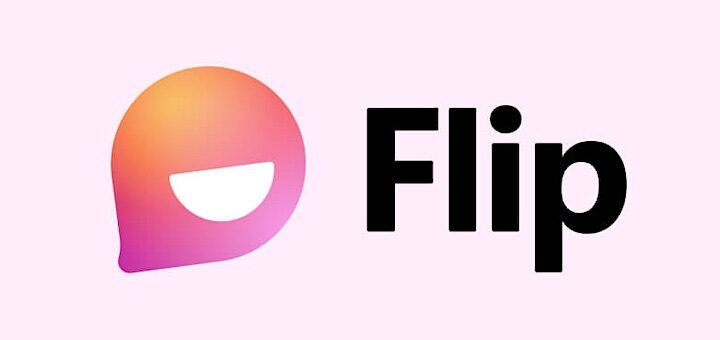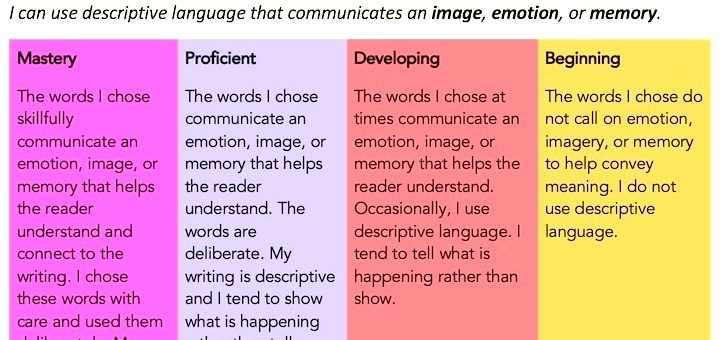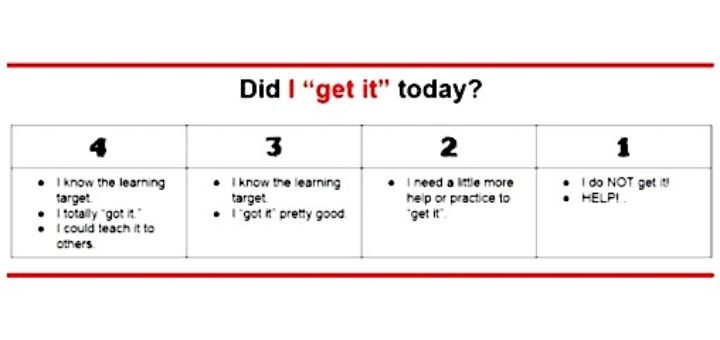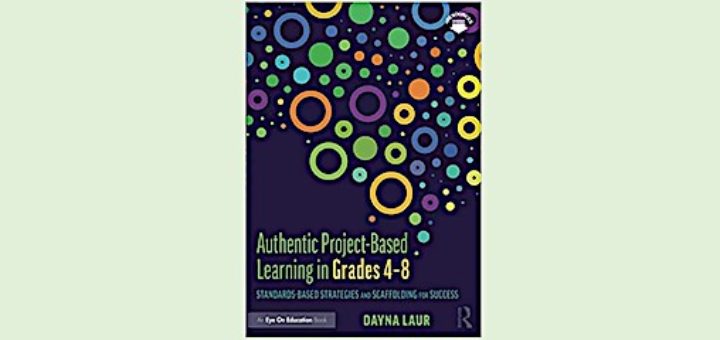Tagged: formative assessment
Not all students arrive in our classrooms, regardless of grade level, with the ability to self-question. We can support the development of this capacity with two strategies: providing prompts and stems, and including self-questioning in daily learning targets. See examples!
Lesson design differs from lesson planning, says this teacher/coach/consultant team. While both are essential, design is a creative process that makes sure we consider the learning needs of both students and teachers. Included: design template; questioning and feedback charts.
By using a menu of formative assessments to target and support students’ specific reading needs, you can differentiate instruction and positively impact their progress at key points in their development. Expert Laura Robb offers a master class in reading support for middle graders.
Author and expert on classroom questioning Dr. Jackie Walsh partners with instructional coach Emily Brokaw and content-area teacher Anna Salazar for a new blog series exploring questioning strategies that strengthen teaching practice and empower students to self-assess and build knowledge.
Social studies teacher Megan Kelly and her students start each class with Canva-created Questions of the Day and continue Canva-assisted learning with topic explorations, visual formative assessments, student-made reports, infographics and more. All with the free version!
Learn how middle grades teacher and NBCT Kathie Palmieri is using the upgraded and rebranded Flip video tool (formerly Flipgrid) on a daily basis to engage her students, show quick lesson reviews, and get them talking about what they did and didn’t understand. Helpful tips included.
Teacher and coach Stephanie Farley discovered through trial and refinement that a good rubric is “a tool to provide feedback to kids about their progress toward mastery of a learning target.” See her five backward planning steps and the resulting three-part writing rubric.
Using formative assessment effectively is key to becoming a reflective practitioner who can adjust literacy instruction to meet students’ needs and interests, write Lynne Dorfman and Brenda Krupp, who share their ideas for “breathing life into reading and writing lessons.”
For a fresh, fun way to quickly assess student progress, try having them “Tap Out!” in person or online. Kids can think about their efforts toward meeting a learning target, and teachers get ongoing formative assessment data, writes NBCT Rita Platt. Lots of tips and tools!
Looking through the lens of formative assessment, Dayna Laur shows how project based learning can be used as a way to teach all standards, using her five-stage process. Laur includes examples and many formative assessment tools, writes teacher leader Laura Von Staden.


















